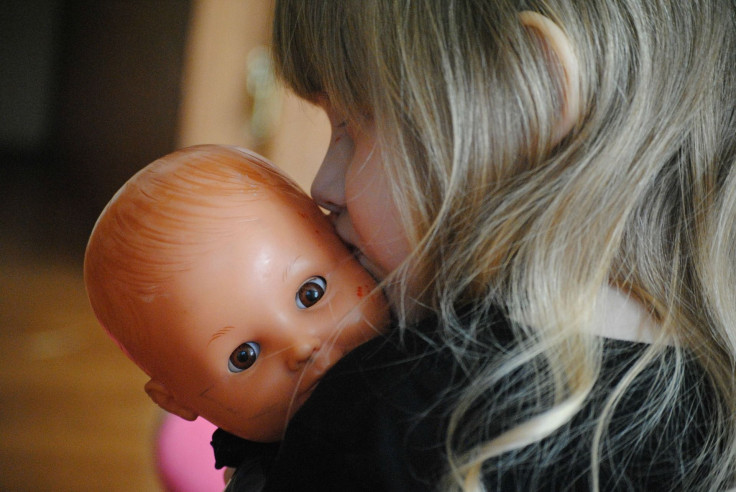Is Natural Childbirth Possible After Fibroid Removal Surgery?

For many young women, having surgery to remove the benign tumors in their uterus called fibroids could seem like the last step toward being able to get pregnant. The growths in the uterine wall can cause problems like infertility and miscarriage, according to the U.S. National Library of Medicine, as well as pain, heavy bleeding and frequent urination. But the trouble may not be over after a fibroid removal surgery called a myomectomy, if you had your heart set on delivering the baby naturally. That’s even if new fibroids don’t show up.
Read: Why Your Doctor Should Be a Woman
A natural birth is essentially out of the question with the two other surgical treatments for fibroids because they make it impossible or nearly impossible to get pregnant at all. The National Institute of Child Health and Human Development explains that endometrial ablation treats small fibroids inside the uterus by destroying its lining. “Pregnancy is unlikely after this procedure, but it can happen,” the federal organization says, warning that women who manage to get pregnant will run a higher risk of miscarriage and other complications. “If you are going to have this treatment, talk to your health care provider about the risks of getting pregnant after the procedure. You might want to use birth control to prevent pregnancy until after you go through menopause.”
Then there’s a hysterectomy, in which part of the uterus or the entire uterus is removed. The NICHD notes that it is usually reserved for women with large fibroids that are causing heavy bleeding, or older women who are near or past menopause. It is “the only sure way to cure uterine fibroids completely” but it makes it impossible to get pregnant and is not reversible.
Women who still want children but need surgery to remove fibroids might have a procedure called a myomectomy, which involves removing just the fibroids and leaving the rest of the uterus alone. But the Mayo Clinic says results differ depending upon how deep the surgeon had to cut into the uterus to remove the fibroids. “If your surgeon had to make a deep incision in your uterine wall, the doctor who manages your subsequent pregnancy may recommend cesarean delivery (C-section) to avoid rupture of the uterus during labor, a very rare complication of pregnancy,” the group warns.
Message boards are full of pregnant women or prospective mothers questioning whether they will really need a C-section to deliver a baby after their myomectomy, and perhaps their doctors are being extra cautious. That may be because although the complication is rare, it is dangerous. Calling it a “rupture” doesn’t paint a very clear picture of what happens during such a delivery. Rather the University of California San Francisco Medical Center describes it as a “chance that your uterus could open apart during labor.” That presents serious dangers to both mother and baby.
Still, a safe natural delivery is not impossible. Recent research has suggested that there is no current evidence to support discouraging natural childbirth. In one study in the Journal of Minimally Invasive Gynecology, researchers compared the approach to natural childbirth after myomectomy to that of a natural delivery following a birth by cesarean section. They analyzed the delivery of a small sample of a few dozen women who had previously had their fibroids surgically removed and found that none of them experienced a uterine rupture, with most delivering their babies vaginally. In cases where a vaginal birth was attempted but not successful, another issue was at play: “Labor did not occur during more than two weeks after the expected date of delivery in two patients, and cesarean section was performed to prevent fetal asphyxia during the course of delivery in two patients.” The authors concluded that “vaginal delivery can be accomplished safely without uterine rupture even after [myomectomy], provided that delivery is managed as in [a vaginal birth after a C-section].”
Although risks and results vary for different women and depend on their individual cases, a natural vaginal birth is not necessarily out of the question — you can talk to your doctor about what’s right for you.
See also:



























